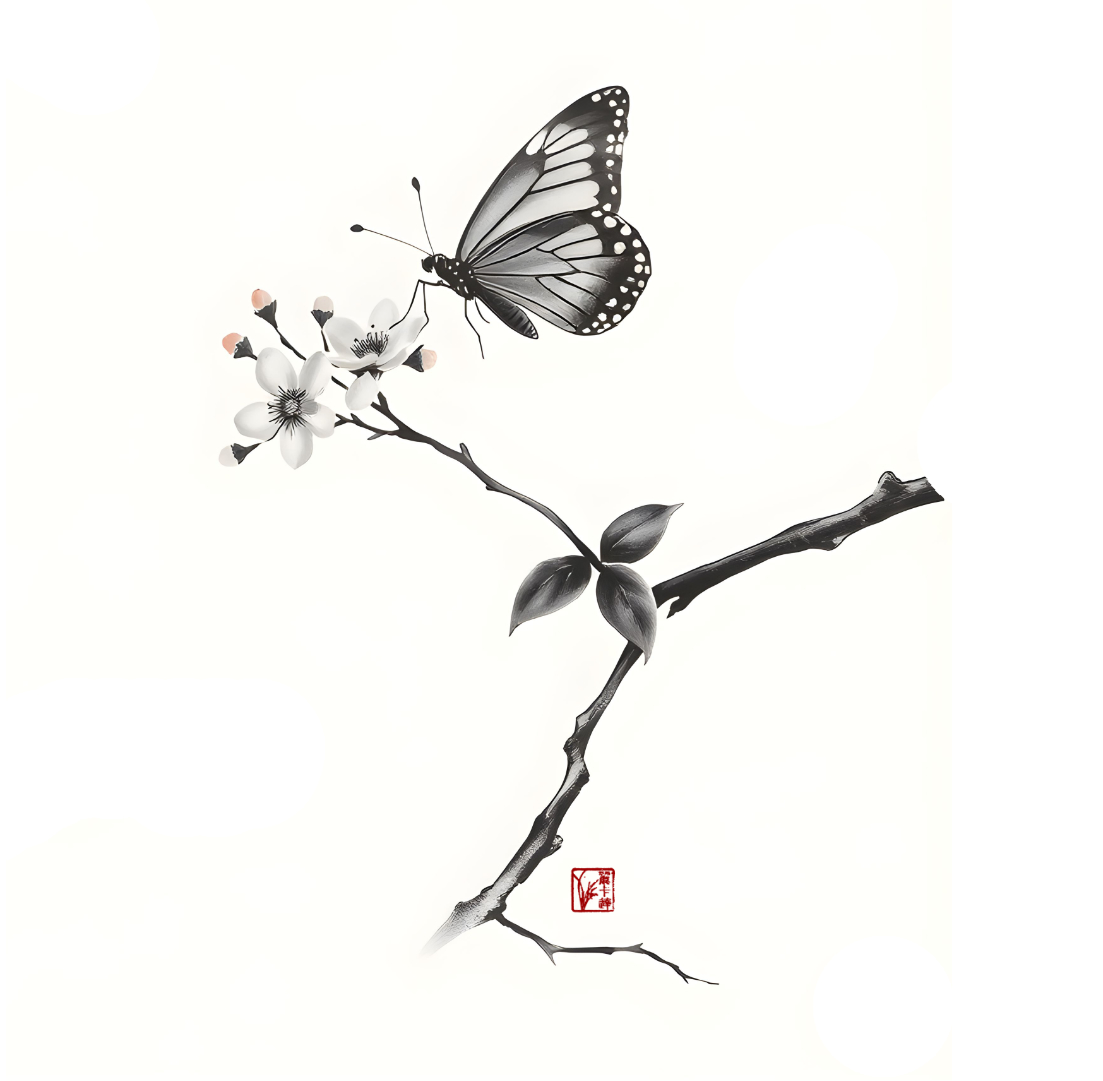Wu Wei: The Taoist Art of Effortless Action and Harmony

In Taoism, the concept of wu wei – often translated as “non-action” or “effortless action” – offers profound insight into how living in harmony with nature’s rhythms leads to a balanced and fulfilling life. Far from promoting passivity or inactivity, wu wei encourages a mode of being in which actions arise spontaneously, naturally, and without unnecessary struggle or force. It is a principle rooted deeply in the Taoist understanding of balance, flow, and the dynamic interplay of yin and yang.
At the heart of wu wei is the idea that the universe operates through the Tao, an underlying natural order that harmonizes and animates all things. Just as rivers flow without resistance, seasons change with ease, and trees bend in the wind rather than break, wu wei teaches humans to align their behavior with this natural flow rather than resisting it. Acting in accordance with the Tao means recognizing when to act and when to yield, a subtle rhythm that mirrors the yin and yang dance of opposing yet complementary forces.
This approach to action reflects the belief that excessive force or effort often leads to imbalance and unintended consequences. When yang energy (activity, assertion) dominates without yin (receptivity, restraint), it may result in burnout, conflict, or disruption. Conversely, appropriate yielding or stillness (yin) invites restoration and opens the way for effective, harmonious action. Wu Wei thus embodies a dynamic balance – taking action that is timely, measured, and in harmony with circumstances, rather than forcing outcomes or opposing what is.
Practicing wu wei involves cultivating awareness and sensitivity to one’s environment, internal states, and the shifting currents of life. It calls for trusting intuition and the natural unfolding of events instead of imposing rigid plans or control. This “non-doing” paradoxically allows for greater creativity, efficiency, and peace. In Taoist thought, the sage embodies wu wei by responding fluidly and effortlessly to any situation, moving with the grain rather than against it.
The principle resonates beyond spiritual teachings and offers practical guidance in daily life, leadership, relationships, and personal growth. For example, in challenging moments, wu wei invites stepping back, observing, and choosing responses that flow with rather than fight resistance. It encourages letting go of impatience and cultivating patience and surrender, understanding that sometimes the most effective action is gentle, indirect, or seemingly inactive.
wu wei is an elegant expression of Taoist wisdom that highlights how effortless, balanced action grounded in awareness and harmony can bring about natural success and wellbeing. By embracing this art of non-action, individuals can live in greater alignment with the ever-changing rhythms of the world, embodying the Taoist ideal of life as a graceful and spontaneous dance within the eternal flow of yin and yang.



